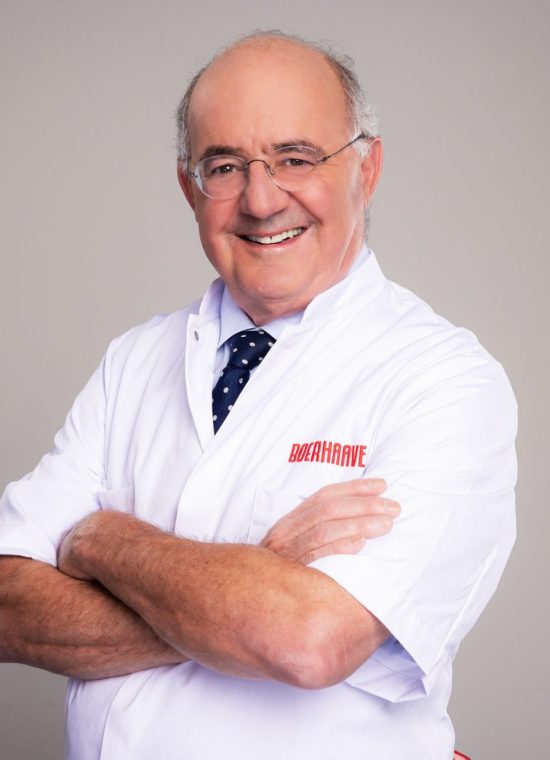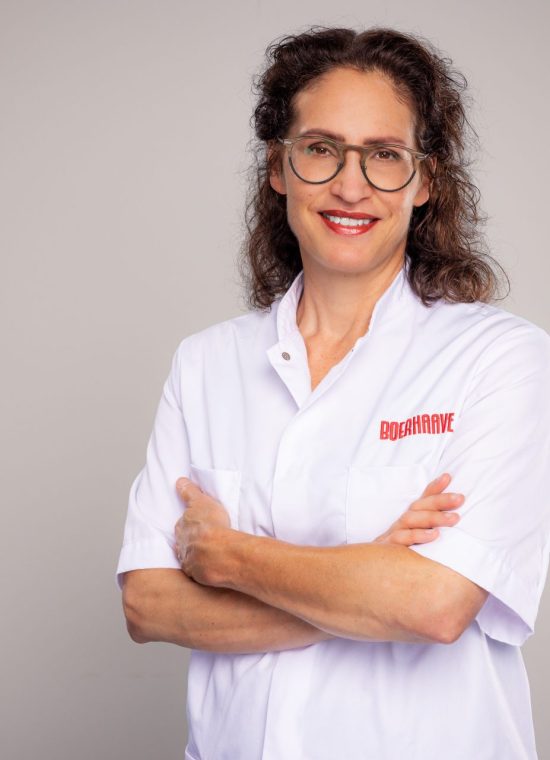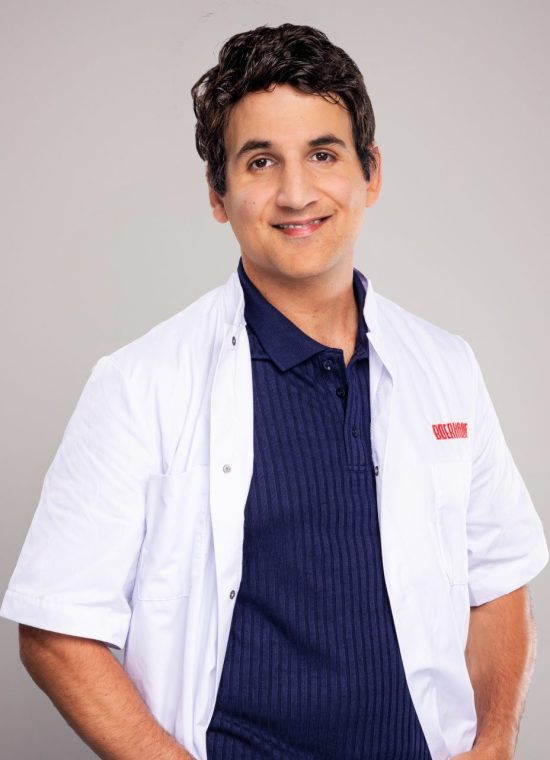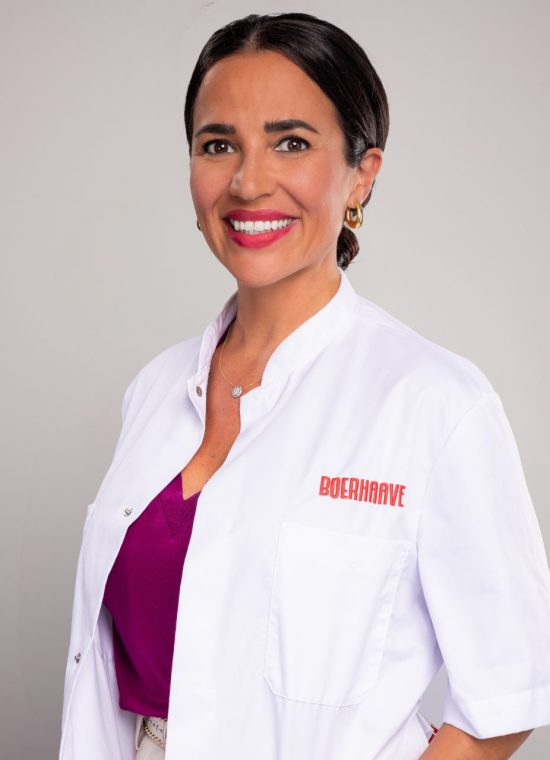Birthmark removal
Some people may want to have a birthmark removed for cosmetic reasons. And sometimes it has to be removed on medical grounds.
The plastic surgeon will be able to tell you if you are a good candidate for having a birthmark removed. And whether the result you want to achieve can be reached. During this consultation, the plastic surgeon may show you before and after photos.
What does the birthmark removal cost
Other treatments
01 More information
In most cases, birthmarks – or naevi – are completely harmless clusters of cells with excessive pigment, but in a few rare cases they may also be malignant. In such cases, surgical intervention is offered as quickly as possible. But even if your birthmark is harmless, you may want to have it removed.
The plastic surgeon will be able to tell you if you are a good candidate for having a birthmark removed. And whether the result you want to achieve can be reached. During this consultation, the plastic surgeon may show you before and after photos.
02 Consultation
Plastic surgeon
The consultation is always held with the plastic surgeon who will be carrying out your procedure.
During this first consultation, you can discuss what you would like to have done with respect to the possibility of having your birthmark or naevi removed. Your plastic surgeon will take photos for your medical file, and will examine your birthmark or birthmarks. The plastic surgeon will then suggest the most suitable surgical technique for you and discuss it with you. In front of a mirror, you will be shown what this technique will entail and what you can expect in terms of end results. The expected recovery period and any risks and complications will also be talked through with you.
A summary of your consultation will be set out in a treatment plan, and the overall costs will be discussed with you directly. The consultation will take approximately 30 minutes, and aims to inform you as clearly and fully as possible.
Consultants
Following on from your first consultation with your plastic surgeon, you will have an appointment with your consultant. The aim of this appointment is to tell you about the general aspects to be arranged with respect to your birthmark removal.
03 Procedure
You are expected to arrive at the Boerhaave clinic half an hour before your birthmark removal.
The operation is usually carried out under local sedation. Before the procedure, the plastic surgeon carefully marks out the birthmark in accordance with the operation plan. The local sedation or general anaesthetic is then administered. The plastic surgeon makes an incision in the area marked out beforehand, and your birthmark is removed.
It may be necessary to do a bit more than just close the wound. Plastic surgeons have various techniques they use to make the scar irregular. This aids the healing of the scar, because the skin will not pull in a straight line. These techniques usually involve making the incision into a w- or z-shape. Once your birthmark has been removed, the plastic surgeon stitches the wound together with very fine absorbable stitches. A couple of small plasters are then placed over the wound. Your birthmark will then be examined under a microscope.
04 After care and recovery
Shortly after your birthmark removal procedure, you may experience increasing pain around the scar. This is because the sedation is starting to wear off. It is annoying, but the pain is usually manageable.
Recovery
The treated area may be slightly bruised, sore and swollen. The scars may also be reddish in colour and raised shortly after the procedure. You shouldn’t worry about this, as it is your body’s natural reaction. This may last for a couple of weeks, and will disappear over the course of time.
Scar cream
At your first check-up, you will be given a scar care cream to take home with you. Once the wound has closed and the scabs have disappeared, you can start applying the scar cream. If you apply this cream to the closed wound twice a day, you increase the chance of the wound healing nicely.
05 Results
We will do our utmost to ensure that the lab results are available within a week.
Scars
The plastic surgeon will do everything they can to ensure that the scars are virtually invisible. The scars will initially be red and swollen, but this will start to fade after a couple of weeks. It is useful to know that a scar takes 1 to 1½ years to completely calm down. So remember to apply the scar cream to your scars and stay out of the sun. After the first year, always use factor 30 or higher when you are in the sun, to protect your skin.
06 Risks and complications
It is important you are aware that every surgical intervention can entail risks and complications. Even though a birthmark removal is a minor intervention, we adopt professional procedures to ensure that any risks and complications are kept to an absolute minimum.
Possible complications of a birthmark removal may be:
- Haematoma (blood clot under the skin which has to be removed)
- Adverse reaction to the sedation
- Haemorrhaging
- Infection
- Permanent scars
- Unsatisfactory aesthetic result.
Smoking
Patients who smoke or use tobacco or nicotine products (such as nicotine patches and chewing gum) at the time of their surgery have a greater risk of complications, such as skin loss and impaired wound healing. People who are exposed to passive smoking may also have an increased risk of complications such as these. What’s more, smoking may have a negative effect on the anaesthesia, which may in turn lead to an increased risk of bleeding. People who are not exposed to tobacco smoke or nicotine-containing products have a significantly lower risk of such complications. It is important not to smoke for at least 2 weeks prior to the operation and to keep this up for the entire recovery process.
More information
Plan your appointment now in our agenda or let us call you back.





